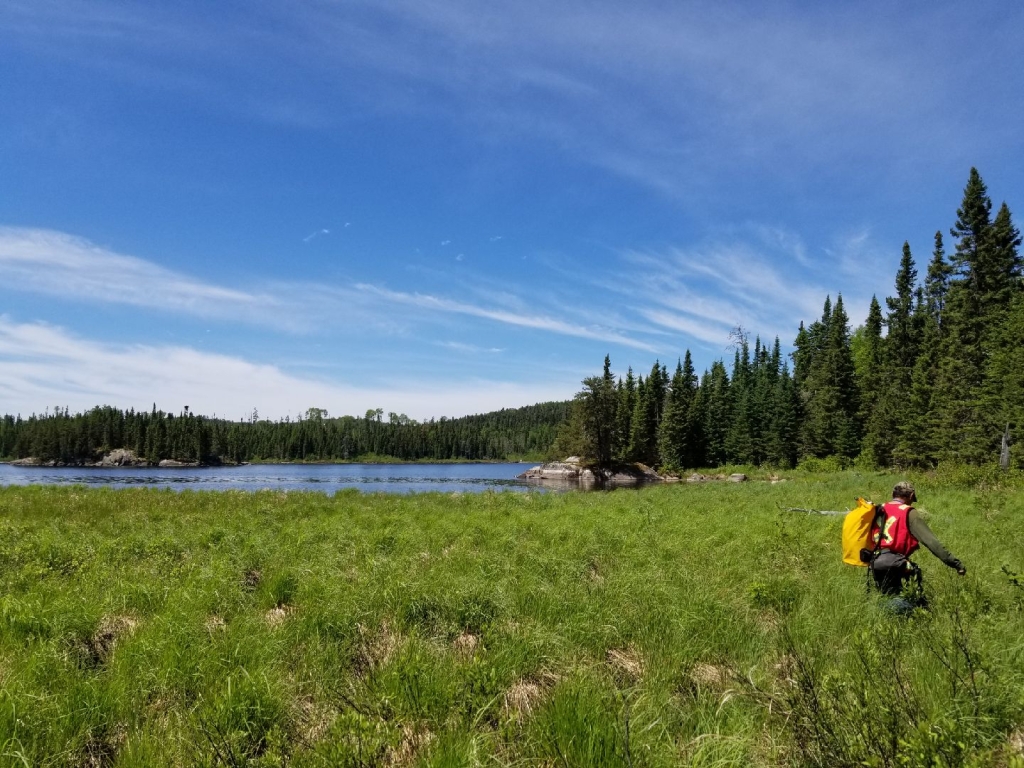The NWMO recently hosted a successful online engagement session for community members in the Ignace area to get their input and feedback into the environmental baseline program design and potential study areas.
Environmental studies are one part of the NWMO’s ongoing efforts to identify a single, preferred location for a deep geological repository for used nuclear fuel. The NWMO is developing a comprehensive environmental and biodiversity baseline program with the involvement of municipal and Indigenous communities in the area.
There was great discussion on the current stressors and areas of interest on the local environment. “I developed a better understanding of the study areas and how they connect to different categories,” noted one participant at the end of the online workshop.
“In the wake of COVID-19, we are finding innovative ways to continue engaging with communities as we advance Canada’s Plan for used nuclear fuel. The online workshop provided a great opportunity for community members to share their views on the environmental baseline monitoring program that has been co-designed with stakeholders and rights holders,” explained Joanne Jacyk, the NWMO’s Section Manager, Environmental Assessment.
Even though fieldwork is temporarily paused due to the pandemic, the NWMO’s Environment Team is preparing for future work by considering physical distancing when collecting samples, deciding on study locations, and contracting consultants.
“Together with communities, we will determine timing to safely resume field work,” explained Ms. Jacyk.
Once sampling begins, the NWMO will share the data and review the design of the baseline monitoring program on an annual basis with the community. This provides an opportunity for community members to continuously get involved with the program through training and sample collection.
The Ignace area is one of two areas currently involved in the NWMO’s site selection process for a deep geological repository for Canada’s used nuclear fuel.

